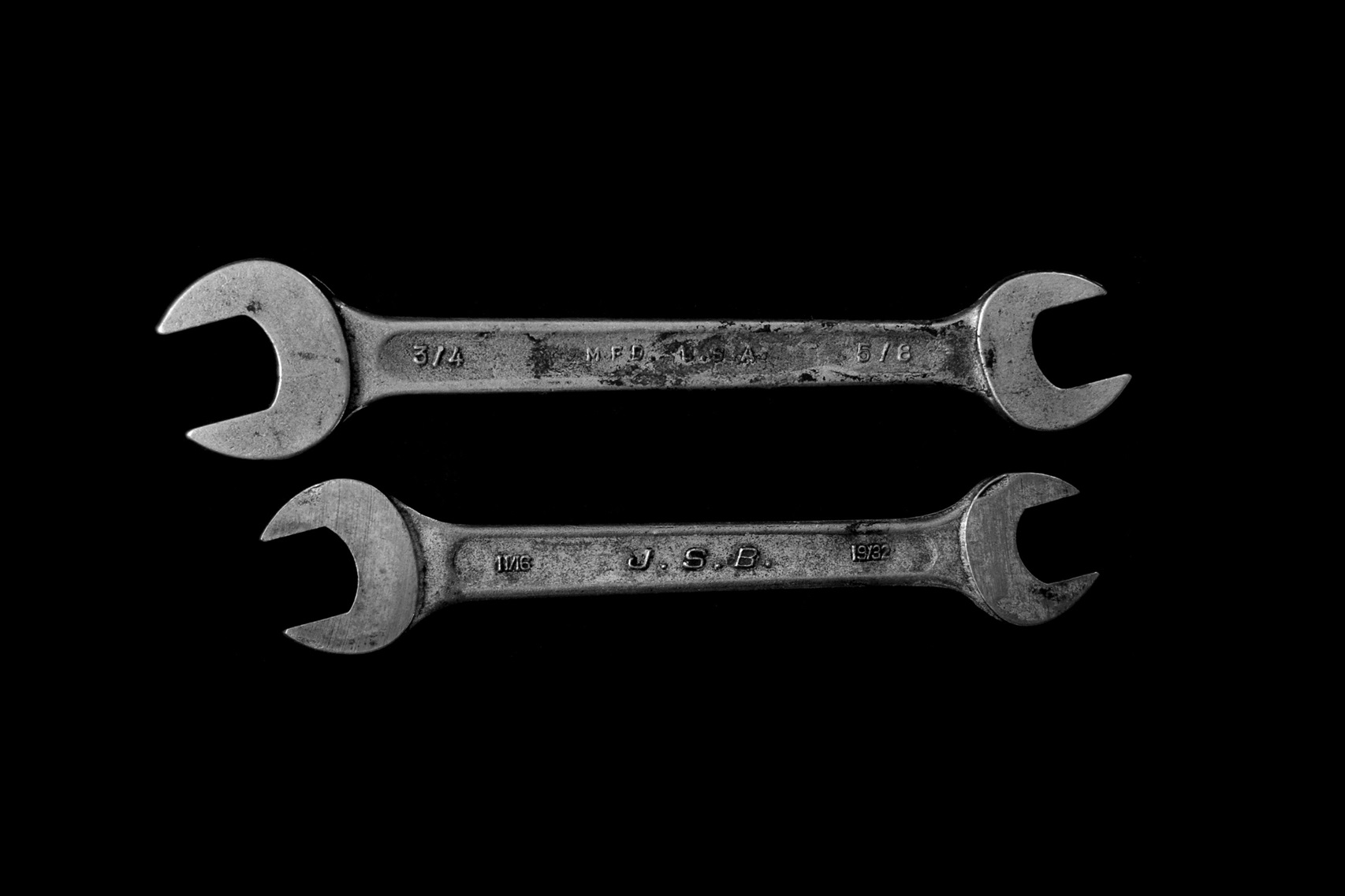IOHK, the academic blockchain research and development firm behind the Cardano blockchain, has released 2 new smart contract tools about which Cardano and IOHK founder Charles Hoskinson had this to say:
It will turn out to be a boon for Fintech.
The powerful tools called Plutus and Marlowe will enable start-ups, fintech businesses, and academics to more easily prepare smart contracts for the Cardano (ADA) blockchain.
The tools were first unveiled in a test format by Hoskinson at the PlutusFest conference held by the Edinburgh Blockchain Technology Laboratory at the University of Edinburgh.
IOHK will be hosting PlutusFest at The University of Edinburgh on the 11th of December. The event will feature various speakers, including IOHK CEO Charles Hoskinson. Learn more about the event and RSVP here: https://t.co/YM6FBYDYbV pic.twitter.com/oYiOd5jqQk
— Cardano Foundation (@CardanoStiftung) November 19, 2018
Plutus: Developing Secure and Robust Smart Contracts
The most talked about and highlighted tool, Plutus, provides a general purpose programming language and tools tailored for the Cardano blockchain.
IOHK’s blockchain scientists and engineers developed Plutus by manipulating parts of the Haskell programming language and combining it with the ADA network. The result is Plutus, which provides fintech developers with the framework to write secure and robust smart contracts.
Besides offering this new Plutus framework for the development of smart contracts, IOHK has provided an easy-to-use development and testing environment for Plutus smart contracts called the Plutus Playground.
They’ve based the exploratory testing and development environment on a novel blockchain emulator. Therefore, the smart contracts tested here will be ready for deployment on the Cardano blockchain itself.
Marlowe: The Application Ready Tool
While Plutus is a tool designed blockchain developers, Marlowe is a tool designed for fintech industry professionals with no experience in programming. Marlowe provides a simple way to generate code and create software products.
It will allow fintech businesses to more easily build automated financial contracts on the blockchain, without prior experience of advanced programming. Like Plutus, Marlowe comes with its own testing grounds in a web-based environment called Meadow.
To give more context on the Marlow tool, Hoskinson explained some use cases for it. He said the Marlow application provides instant global fund transfers for business and can enable the holding of rental deposits in escrow to increase transparency.
Hoskinson explained further:
As an example: The escrow mechanism allows Party 1 to deposit the money into a contract, in a way that the money will only be released when two out of three participants agree on whether Party 2 has indeed given Party 1 the item. The escrow participant (Party 3) is supposed to be a neutral third party that decides in case of dispute. This way if Party 1 and Party 2 are honest, they will just agree on the result of the transaction and Party 3 will not need to do anything. If Party 1 and Party 2 disagree, Party 3 will be able to choose whether the money must go to Party 1 or to Party 2.
Conclusion
The smart contract tools released by IOHK could be a game changer for the development of smart contracts in the fintech industry.
Whether or not this statement is true is unknown now. We will keep a close eye on Cardano’s development and the use of IOHK’s new smart contract tools.
Do you think Cardano and their smart contract tools will be a boon for the fintech industry? Let us know in the comment section below.

